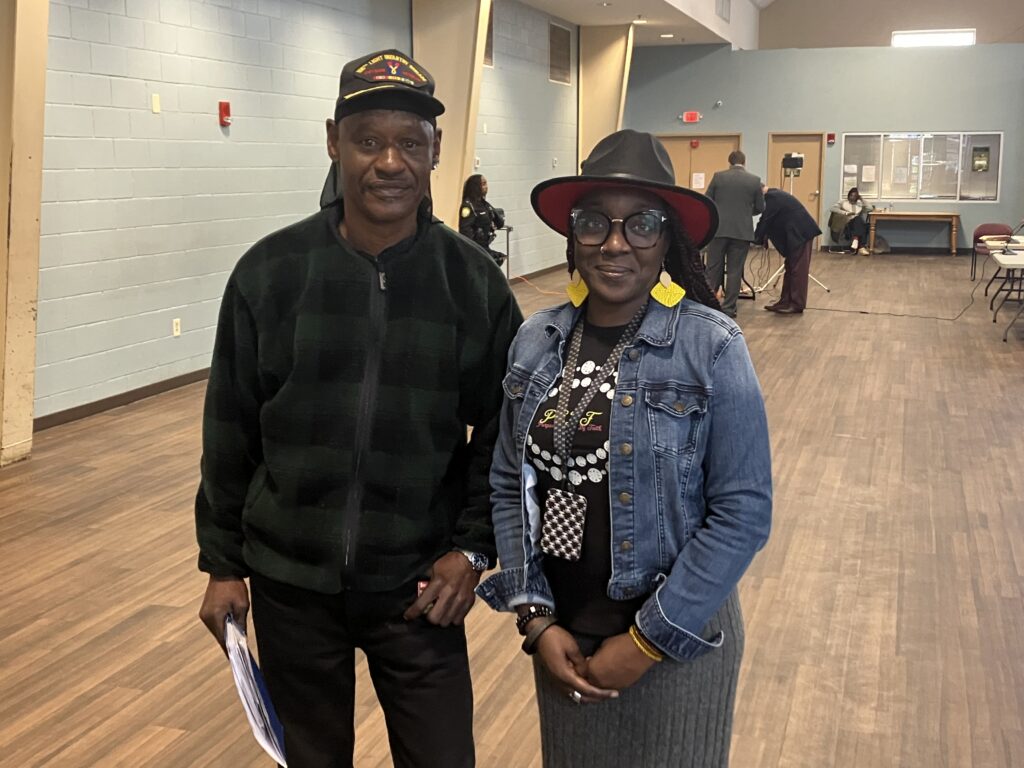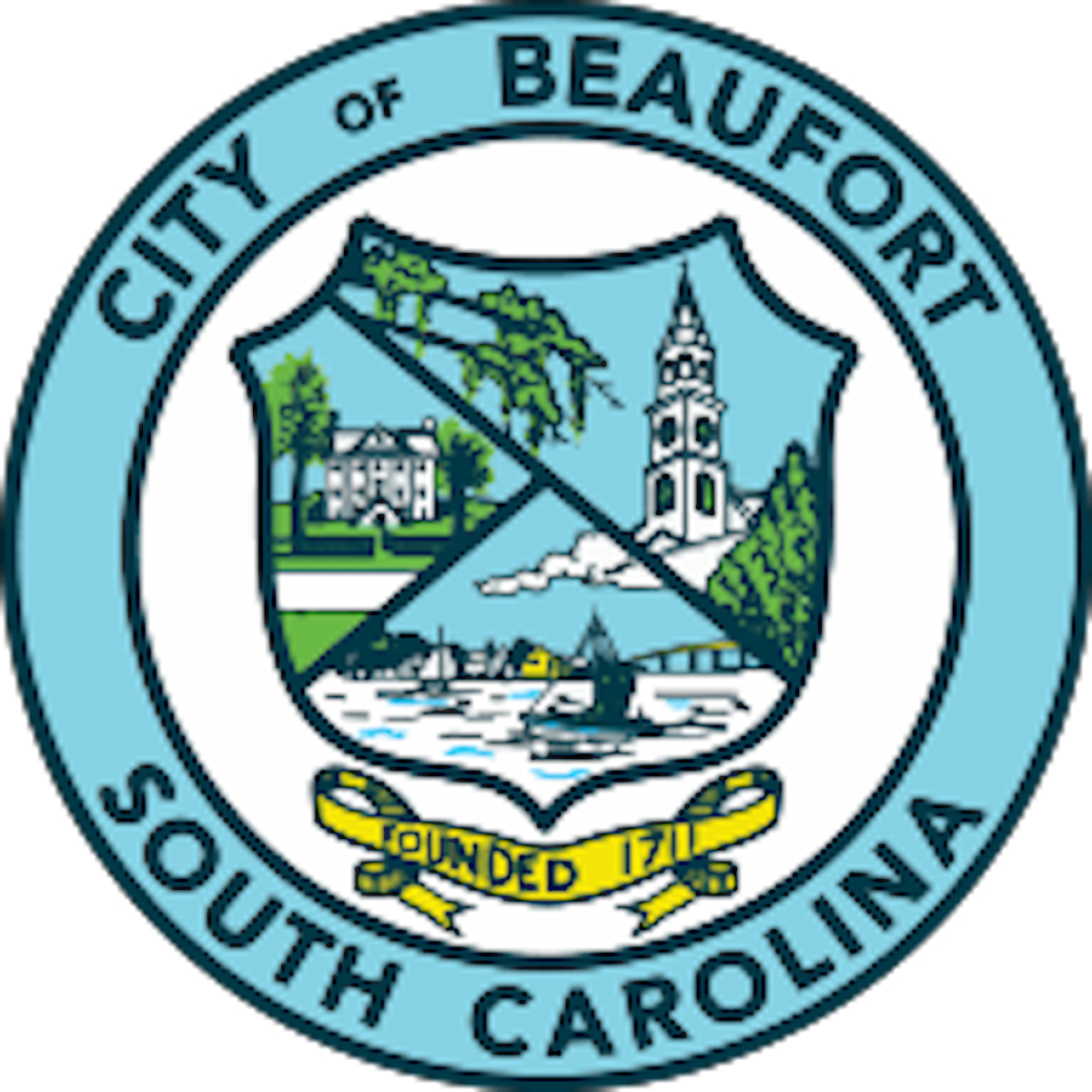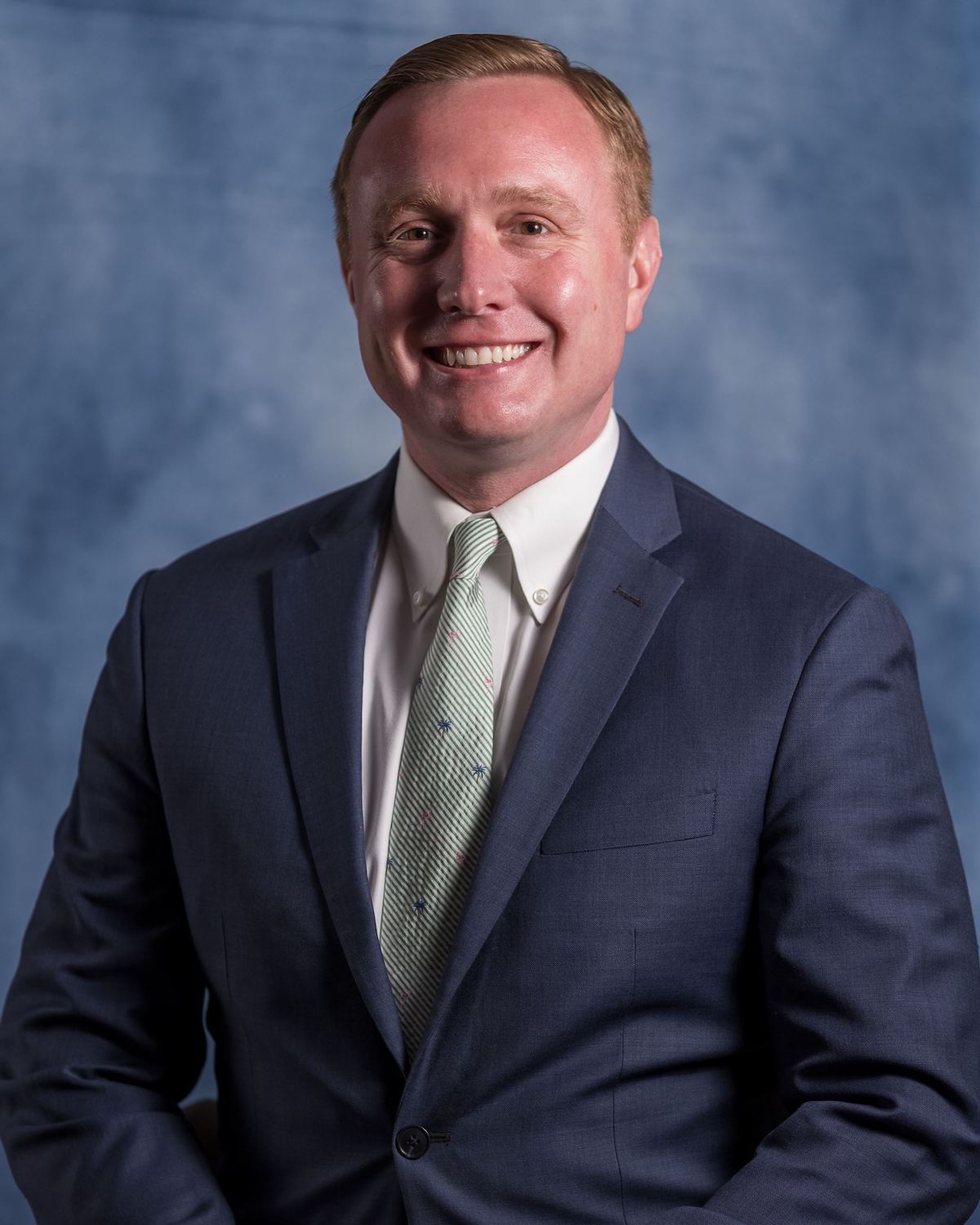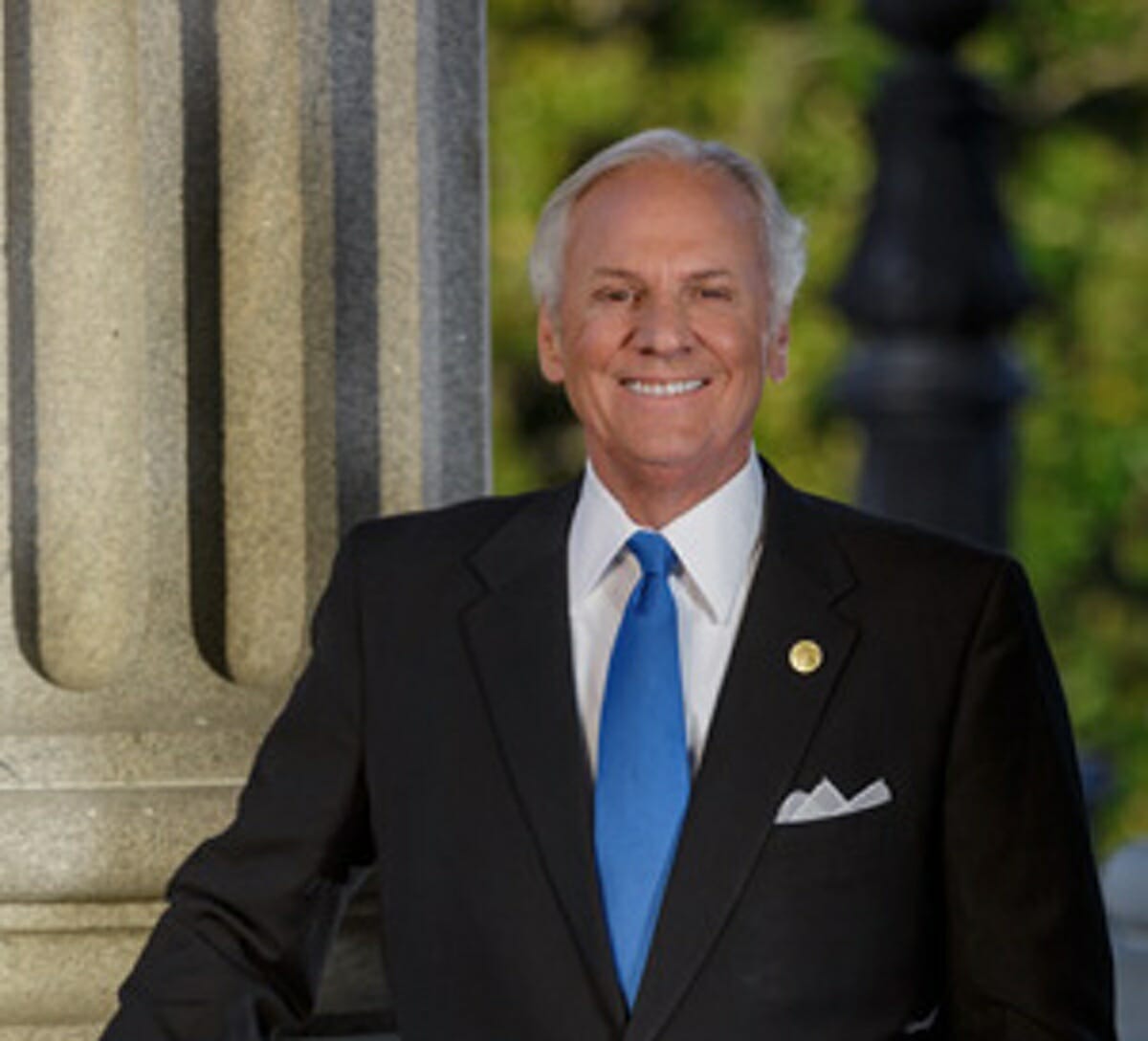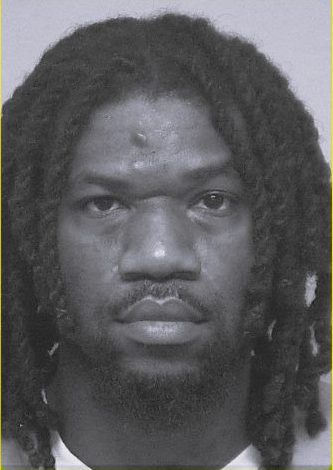Homeless courts in SC help resolve minor legal issues
By Abraham Kenmore
SCDailyGazette.com
COLUMBIA
For Rodney Gilmore Sr., being in Columbia’s homeless court represented another step forward.
“I just feel wonderful about myself,” Gilmore, a 57-year-old former Navy radioman, told the S.C. Daily Gazette.
He’s an alcoholic who’s “recovering very well,” he said, with the help of a case manager who’s “keeping me positive.”
He was among two dozen people at Transitions Homeless Center for the January session of Columbia’s homeless court, which for nearly a decade has helped people who are or were homeless resolve minor legal issues.
Gilmore was there for a pending charge related to urinating outside — the latest in a string of legal issues, he said, that’s resulted in a cycle of being in and out of jail.
“I just want to give back to the community what I’ve taken away from it,” he said.
And Gilmore is working hard to do just that, said Traci Gadsden, his case manager over the past year.
She rattled off his progress to the city judge: Gilmore participates in a substance abuse program. He attends Alcoholics Anonymous meetings. He’s in the process of obtaining a veteran’s housing voucher, and he volunteers at Transitions.
If he meets all of his goals, his charge will be dismissed.
“I’m very proud of him,” Gadsden told the judge, as Gilmore received a round of applause.
The one-day court session each month involves similar updates or graduations for people in the program. Each positive report is awarded with applause.
Homeless courts have expanded across South Carolina since Columbia’s launched in September 2014. Those that followed are in Myrtle Beach, Florence, Spartanburg, Rock Hill and, most recently, Greenville, which was established in December with the blessing of South Carolina Supreme Court Chief Justice Don Beatty.
The Greenville court expects to admit its first participants next month. There was no cost to the program. It’s just a matter of getting all parties working together and finding the time to meet monthly. The space was donated, said city Judge Matthew Hawley, who’s overseeing the newest program.
Homeless courts can dismiss current or past criminal misdemeanors for arrests in the city where it’s held. Most are victimless crimes. Participants trying to get their charges resolved set goals with a case manager. If and when they complete those goals, the court issues an order dismissing the charges, and the graduate gets a certificate.
“Number one might be, reconnect with family. Get their driver license back. Get a criminal charge removed from their record,” said prosecutor Hans Pauling, who has worked with the court since 2017 for the Fifth Judicial Circuit Solicitor’s Office, which handles cases in Richland and Kershaw counties.
“Almost anything that we believe would help them advance their life or situation, we could try to do for them through the court itself,” he said.
Referrals come from various sources, including Transitions, Oliver Gospel Mission homeless shelter, the Richland County library and local police. Many participants already have a case manager through an organization like Transitions or other community service providers. The prosecutors and public defenders mutually agree to transfer the case to the court. Any pending charges are put on pause until the participant either graduates from homeless court, fails or withdraws.
The Columbia court usually gets between 40 and 60 applicants a year.
It is not, Pauling emphasized, a way to “move cases” but a way to help people trying to get their lives on track. Sometimes people do fail to finish the program, choosing instead to resolve the initial charge in the municipal court after all or simply losing touch with the program.
Roughly two-thirds of the participants want to remove convictions from their records, while 20% are trying to get pending charges dismissed. The remainder have no criminal charges but want the court’s assistance resolving other legal issues, such as replacing a lost Social Security card or clearing a traffic ticket in another county.
“The worst outcome that will happen at this court is that nothing changes,” said Constantine Pournaras, a public defender who works with Columbia’s homeless court. “So, it’s not like anyone comes here and goes to jail.”
For those who graduate, they have proof of completing a program that hopefully puts them on a path toward a better life.
“Housing and employment are the typical barriers, right?” Pournaras said. “A lot of what we try to work with are these minor offenses that are typically associated with housing stability.”
Helping people overcome obstacles is what Judge Hawley wanted to do when he started putting together Greenville’s program about a year ago.
“Our goal is to work with people who’ve committed some kind of offense, but they’re properly qualified and motivated and we want to work for their benefit to create better relationships with the community and get them as taxpayers and good citizens,” Hawley said.
The city courthouse will be moving to an outlying area of Greenville, making it more difficult for people who are downtown to reach the court, Hawley said. Having the new homeless court downtown, where it will be hosted by a nondenominational church with strong outreach programs, makes accessing justice a little easier.
George Cauthen, a retired partner with Nelson Mullins, brought the idea to South Carolina after learning of its success in San Diego, said Blake Williams, an attorney with the law firm that helps cities submit petitions to the Supreme Court to get new courts authorized.
Cauthen led the charge initially in getting prosecutors, law enforcement officials, public defenders and others to all sit down together. Now judges are taking the lead setting up the courts, Williams said.
While all of South Carolina’s existing homeless courts are at the city level — addressing charges in that city — the law firm hopes they’ll spread to county courts, he said.
Gilmore, the Navy veteran, said he’s happy the option existed in Columbia.
“I’m glad to be a part of it, really, because it keeps me more focused,” he told S.C. Daily Gazette.
Abraham Kenmore is a reporter covering elections, health care and more. He joins the S.C. Daily Gazette from The Augusta Chronicle, where he reported on Georgia legislators, military and housing issues.


